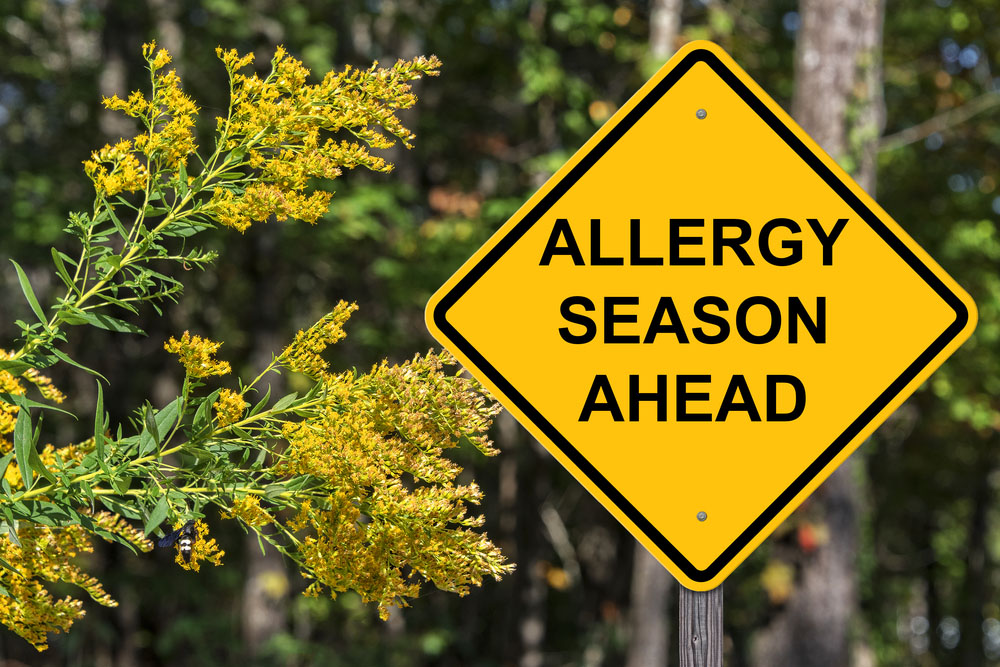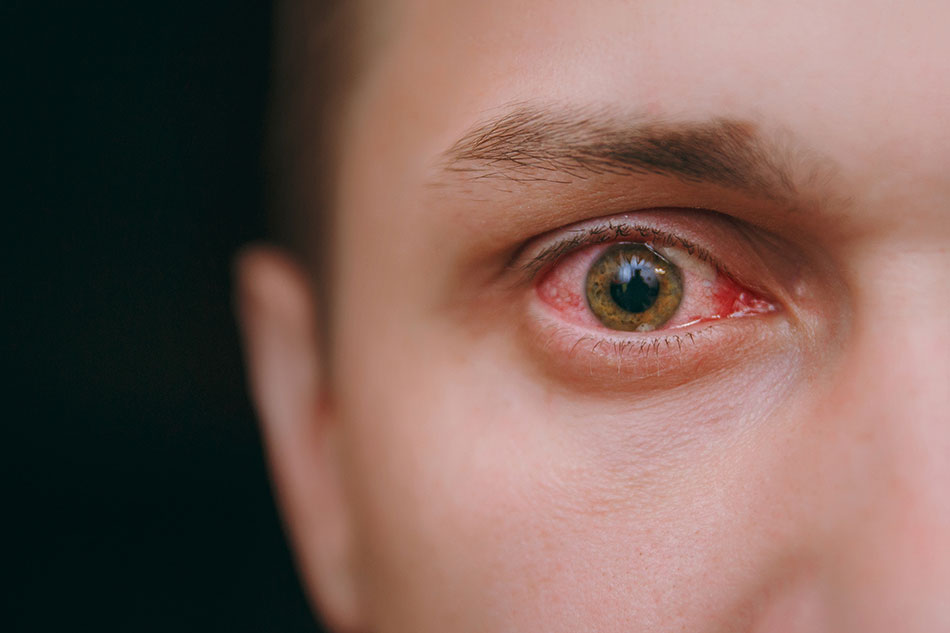Spring in North Carolina brings beautiful blooms and warmer days—but for many, it also brings the misery of seasonal allergies. While symptoms like sneezing, nasal congestion, and fatigue are well-known, one aspect that’s often overlooked is how allergies affect your eye health.
At The Eye Institute, we help patients recognize and manage allergy-related eye conditions, providing relief that helps you stay focused, comfortable, and active throughout allergy season.
Recognizing Eye Allergy Symptoms
Seasonal allergies can lead to a condition called allergic conjunctivitis, which affects the delicate tissues of your eyes. Common symptoms include:
- Itchy or burning eyes
- Watery eyes or excessive tearing
- Redness or swelling
- Blurry vision
- Sensitivity to light
These symptoms occur when your immune system overreacts to pollen, mold, or other airborne allergens. The result? Inflammation and irritation that can disrupt your daily life.
How Allergies Affect Your Daily Routine
For students, professionals, and active families, eye allergies can interfere with concentration, productivity, and even simple outdoor enjoyment. Eye discomfort can make it difficult to:
- Focus on school or work
- Drive safely
- Read or use screens
- Spend time outside
In some cases, seasonal allergies can worsen chronic eye conditions, like dry eye syndrome or conjunctivitis, leading to ongoing issues if not properly treated.
Prevent Eye Allergy Symptoms with These Easy Tips
Managing allergy-related eye issues starts with prevention. Try these simple lifestyle changes to minimize allergen exposure and keep your eyes comfortable:
✔ Monitor Local Pollen Counts
Stay informed with daily pollen forecasts and limit outdoor activity during peak pollen hours (early morning and windy days).
✔ Wear Wraparound Sunglasses
Sunglasses that cover the sides of your eyes help block airborne allergens and reduce direct irritation from wind and sun.
✔ Keep Indoor Air Clean
Use air purifiers, change HVAC filters regularly, and keep windows closed to prevent pollen from entering your home.
✔ Wash Up After Going Outside
Shower, wash your face, and change clothes after being outdoors to remove pollen that may have collected on your body and hair.
✔ Avoid Rubbing Your Eyes
This can worsen irritation. Use preservative-free artificial tears to flush allergens from the surface of your eyes instead.
When to See a Professional for Allergy Eye Relief
Sometimes prevention isn’t enough. When symptoms persist or worsen, it’s time to seek help from an eye care specialist. Over-the-counter antihistamine eye drops may offer quick relief, but for moderate to severe symptoms, you may need:
- Prescription-strength allergy eye drops
- Oral antihistamines
- Personalized treatment plans
- Professional diagnosis to rule out infections or chronic conditions
Comprehensive Allergy Eye Care at The Eye Institute
At The Eye Institute, we specialize in diagnosing and treating seasonal eye allergies. Our optometrists provide personalized care, including:
- Allergy-focused eye exams
- Accurate diagnosis of allergic conjunctivitis
- Custom treatment plans based on symptom severity
- Expert recommendations on medications, eye drops, and prevention techniques
We make eye care affordable and accessible, offering flexible appointment times and assistance with insurance coverage or alternative payment options.
Why Choose The Eye Institute for Allergy Eye Relief?
Our compassionate approach, advanced technology, and deep understanding of seasonal eye issues make The Eye Institute a trusted choice for spring allergy eye care. We help you find lasting relief so you can enjoy the season—without the itch, redness, or watery eyes.
Book Your Spring Eye Exam Today
Don’t let seasonal allergies disrupt your life. Schedule your allergy-specific eye consultation today and get personalized solutions that keep your eyes clear and comfortable.






